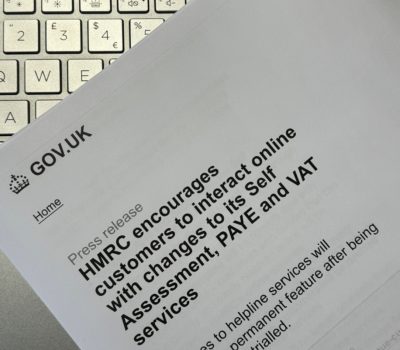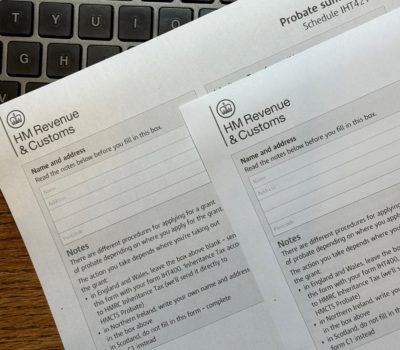An overview of the practical issues in connection with 60-day online CGT reporting
Since 6 April 2020 UK taxpayers have been required to report any disposals of UK residential property and pay their estimated capital gains tax (CGT) liability online within 60 days of the completion date. Prior to 27 October 2021, the reporting period was 30 days from the date of completion.
The types qualifying residential disposals have been well documented, this article looks at the more practical issues around reporting the capital gains to HM Revenue & Customs.
Which taxpayers are required to file 60-day online CGT returns?
The following taxpayers are required to complete 60-day CGT returns:
- Individual taxpayers
- Joint owners
- Trustees
- Personal Representatives
- Partners in partnerships and limited liability partnerships (LLPs)
For taxpayers within self assessment, the disposal also needs to be disclosed on their self assessment tax return. There is however no requirement to register for self assessment if the only criteria you meet is the disposal of the UK residential property, provided that the online CGT return has been filed.
Are there exceptions to the 60-day online CGT reporting?
If you are UK resident, you only need to complete a 60-day CGT return if there is CGT to pay.
There is no online return required if the following apply:
- The gain falls within the annual CGT exemption. This is currently £6,000 for individuals, partners in partnerships and LLPs and personal representatives and £3,000 for trustees.
- The gain is covered by losses brought forward
- You submit your self assessment tax return within 60 days of the date of completion
Taxpayers selling their only or main residence should not be caught by the 60-day rules, provided the property has been occupied by them throughout their period of ownership.
How do capital losses interact with the 60-day online CGT reporting requirements?
Current year losses can only be offset against the UK residential property gain reported via the online service if they arise before the property disposal in the current tax year. If current year losses arise after the property gain, you will have to complete a tax return to claim them against the gain.
In-year losses must be offset against in-year gains in full, even though they may reduce the gain to below AE.
What are the rules for non-UK tax residents disposing of UK property?
For someone who is non-UK resident, they must complete and submit a 60-day CGT return in respect of sales of all UK land and property and not just UK residential property, irrespective of whether or not any CGT due.
What is the rate of CGT applied to calculate any tax due?
The rate of CGT for residential properties is 18% for basic rate taxpayers and 28% for higher rate taxpayers, which also includes trustees and personal representatives.
How do you report a Capital Gain to HMRC?
Individuals and personal representatives must set up a personal Government Gateway account to create a Government ID and password so that they can register for a ‘Capital Gains Tax on UK Property’ account.
Trusts will firstly need to register on the HMRC Trust Register so that a unique taxpayer reference (UTR) can be issued. It will then be necessary to set up a business Government Gateway ID so that a ‘Capital Gains Tax on UK Property’ account can be created.
Taxpayers can report the disposals themselves or authorise a tax agent to report the disposal on their behalf.
In exceptional circumstances, such as if you are digitally excluded or are unable to verify your identity online with HMRC and set up a Government Gateway account, you are able to file a paper CGT return within 60-days of the completion date.
Once the 60-day return is submitted online a payment reference will automatically be generated, except where a personal representative is reporting on behalf of an estate, in which case HMRC manually process the online CGT return and then write out to the personal representative with the payment reference. In these circumstances the 60-day payment deadline is extended, and no interest is charged.
What are the penalties for late filing and payment of the CGT due?
Late 60-day CGT returns attract same late filing penalties as late self assessment tax returns. As such, a fixed £100 penalty is charged if the online CGT return is not filed within 60-days following date of completion. Once the return is three months late a £10 per day late filing penalty is imposed for up to 90 days (max £900). After six months the penalty is 5% of the tax due or £300 if greater and after twelve months the further penalty is 5% of tax due or £300 if greater.
There are also late payment penalties are 5% once the tax payment is over 30 days late, followed by a further 5% of tax due after 6 months 5% and a further 5% penalty after 12 months.
For help and advice with the 60-day online CGT reporting contact The Tax Angel on 0191 809 0204 or at [email protected].




